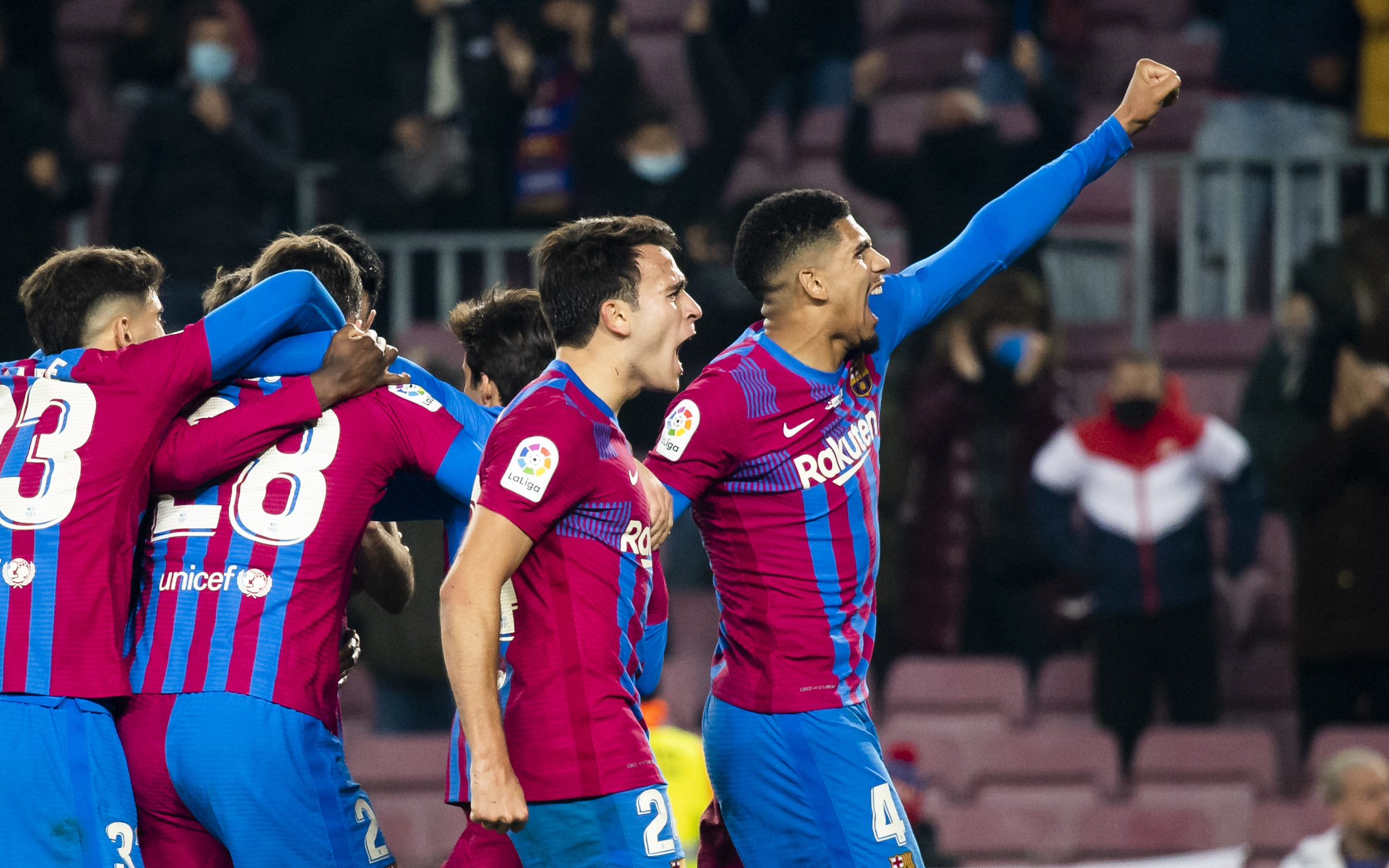There’s no let-up in European football’s breakneck pursuit of money from the world of crypto.
In the past week alone, Spanish club Sevilla and English Premier League team Crystal Palace launched tokens that allow supporters to buy services and vote on issues such as the color of the team’s shirts.
Manchester United, the biggest club in England by number of fans, agreed to a sponsorship deal with Tezos, a blockchain company.
Meanwhile, Manchester United is also among the teams that have held talks with Binance, the blockchain giant that already has fan token deals with Italy’s Lazio and Portugal’s Porto, according to people familiar with the situation. Others include Newcastle United and Liverpool, they said.
The three English clubs declined to comment. A Binance spokesman said the company is talking with numerous sports teams to explore potential partnerships.
It may be risky, but the attraction is obvious for a sport whose finances were battered by the pandemic, as stadiums were shut and leagues suspended while players’ wages rose ever higher. Crypto offers another source of money through digital merchandising and sponsorship from a growth industry.
Revenue from sales of non-fungible tokens, or NFTs, for sports media are expected to generate more than $2 billion in transactions in 2022, about double the figure for 2021, according to a report by Deloitte published in December.
“Every sports entity will embrace it one way or another,” said Alex Dreyfus, chief executive officer of Socios, the fan token specialist behind the deals with Crystal Palace and Sevilla. The company has about 60 similar agreements with top European teams, he said in an interview.
Treading Carefully
Yet, for some clubs — as for many investors — crypto remains a bit of a minefield. Some teams are concerned about a hit to their reputation among fans should they get it wrong.
That’s one of the issues being considered by Saudi-backed Newcastle, a person familiar with the club’s thinking said. They declined to be identified while talks are ongoing. Binance is also keen to avoid any controversy around the kingdom’s financial support for the team, another person said.
Fellow Premier League team Wolverhampton Wanderers is also taking its time. It agreed last June for Turkish crypto company Bitci to become a shirt sleeve sponsor. Bitci also announced it would introduce a Wolves fan token. Eight months later and the token is marked “soon” on Bitci’s website.
Wolves is still carrying out due diligence, people familiar with the situation said. The club declined to comment. Bitci CEO Onur Altan Tan said by text that everything was still on track. “It is on the way. Payments to the team are done. Everything has been fulfilled,” he said.
Arsenal Warning
Other clubs have been stung. In December, the U.K.’s advertising watchdog described marketing of fan tokens being promoted by London team Arsenal through Socios as “irresponsible.” “We take our responsibilities with regard to marketing to our fans very seriously,” Arsenal said in a statement, adding it would seek a review of the ruling.
Spanish club Real Sociedad’s balance sheet was left with a hole of more than 800,000 euros ($913,000) after fan engagement platform IQONIQ, its main sponsor last season, ran into trouble.
“Like with the Internet in the early 2000s, there is understandable skepticism about crypo-based products,” Socios CEO Dreyfus said this week. “But they allow the creation of a new range of products that are valuable for users and scaleable for teams.”
— With assistance by Irene Garcia Perez, and Taylan Bilgic. Read full story on Bloomberg


